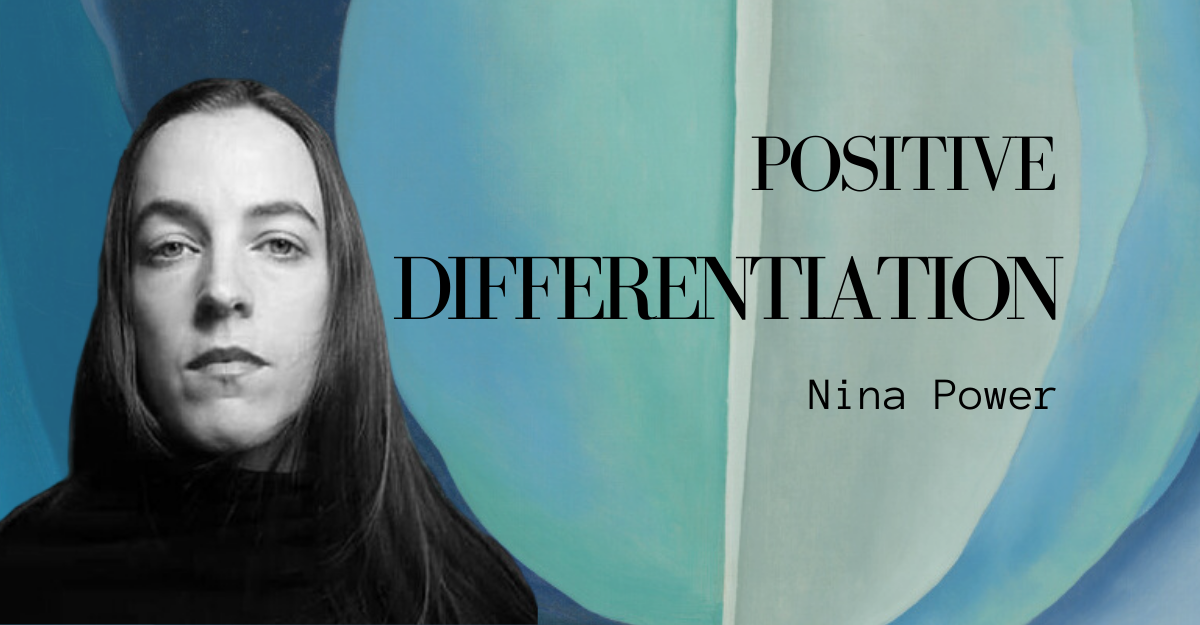This essay is part of a symposium. Click here to read the other essays in this collection.
It is difficult to avoid the feeling that our reality is being systematically demolished. Words central to our self-understanding, such as “woman,” “mother,” and “female,” are becoming detached from any historical, biological, religious, social, or legal basis. We can speculate as to why: a backlash against the slow gains of women in political and social life; the deranging combined properties of pornography, medicalisation, virtual life, and consumerism; envy and hatred on the part of a small number of men.
All of these things are taking place in a world in which women and men have become more proximate, more similar to one another. There are, for better or worse, no longer separate spheres. All life—economic, social, political—is mixed life. As Ivan Illich put it in a 1990 conversation entitled “The Sad Loss of Gender,” “At the end of the 20th century, the modern myth of sexual equality has finally triumphed completely over the complementarity of gender, in which the plurality of cultures—distinct ways of living, dying and suffering—was rooted.”
Men and women are often pitted against one another in a media-led “battle of the sexes.” Women are encouraged to rail against “patriarchy,” and men find ample outlets for resentment and group-blaming. We have lost the kind of differentiated but mutual responsibility that would follow from a model of complementarity. Individual men and women, and their families, can and do work together to establish harmony and order, but the general culture is topsy-turvy: children are invested with the power to determine truth (most visibly and cruelly with regard to gender), and many parents have abdicated their responsibility to protect children, not least from themselves. Meanwhile, a general infantilisation is underway, based on a model of desire which fits perfectly with a consumerist society, but which takes us away from any kind of moral order. Desire is plainly understood to be a good in itself, even when its effects are deleterious to the common good.
All women who wish to recognise, as Erika Bachiochi does, our existence as 1) rational creatures ordered to excellence, 2) one half of a species differentiated asymmetrically by sex, and 3) unique individuals must hold firm to a definition of women that differentiates us where necessary from men, the better to protect our specific reality and needs.
This exercise in positive differentiation is in no way at odds with celebrating a mixed, heterosocial world, in which men and women can come together in love, friendship, and child-rearing. Childbirth is not, however, an imperative that follows from the fact of womanhood. Only, we must say, and it is important to do so, that every human that has ever experienced pregnancy and childbirth is female, and that every child is born of a woman. We have not yet, nor should we ever, transcend this fleshy reality. Women have different needs that require recognition and protection. All women, regardless of whether they have children, deserve single-sex spaces, for reasons of modesty and safety. Not everything is for everyone.
None of this excludes the importance of fatherhood. On the contrary, it allows for the recognition of the differentiated but equally important contributions of both mother and father. The twentieth-century fetish for “equality” at all costs runs with fear from the idea that men and women have different strengths, but sexual difference is real. The embodiment and virtues of men and women (our lived reason, we might say), manifest themselves in different forms of care and strength.
The pendulum-swing that Bachiochi recognises within the feminist movement, and Western thought more broadly, between the desire to abstract from the body (and “solve” the asymmetry of female embodiment through reproductive technology) and the desire to centre women’s role in the family or in nature has never gone away. But, as Bachiochi persuasively argues, to separate mind and body is a mistake: we are our bodies, and our capacity to reason is inseparable from our embodiment. As women, we do not need to “escape” our bodies and become “more like men” to count as rational beings. If we all understood that our sex was not only immutable but also a gift rather than a burden, our feeling towards our own sex, and how society values the unique contributions of men and women, would be much improved.
After liberalism’s foray into an artificial and often-ghoulish attempt to hijack nature, particularly female nature, into uncomfortable and distressing shapes, the time has come for a grown-up and integrated recognition and protection of female difference, as it is lived. It is in the interest of men, women and children alike, that this is so: mutual respect for our difference in all aspects of life is vital if we are to limit the harm caused to all of us by increasingly dominant forces of the inhumane.



